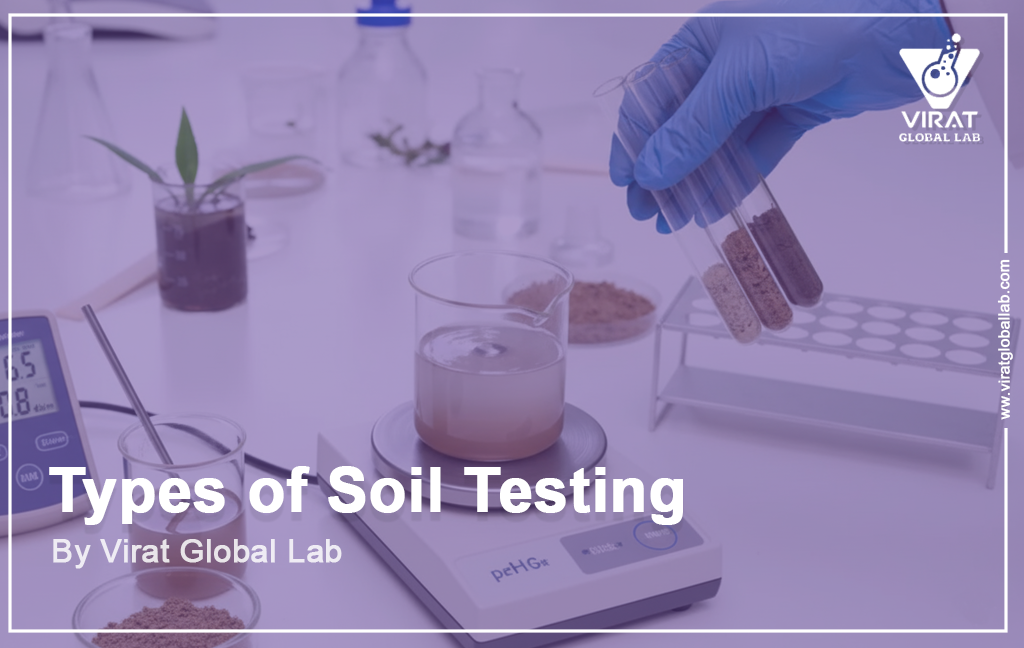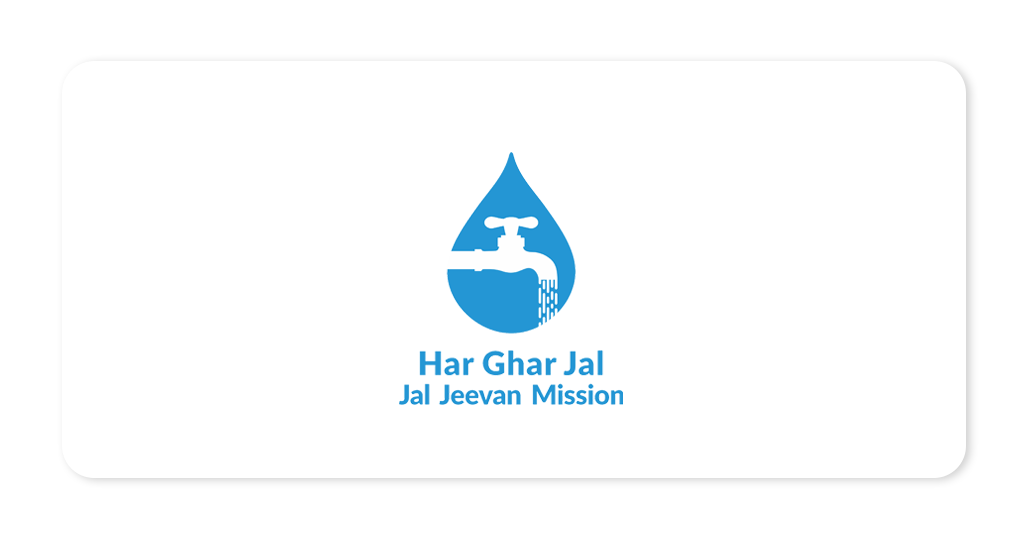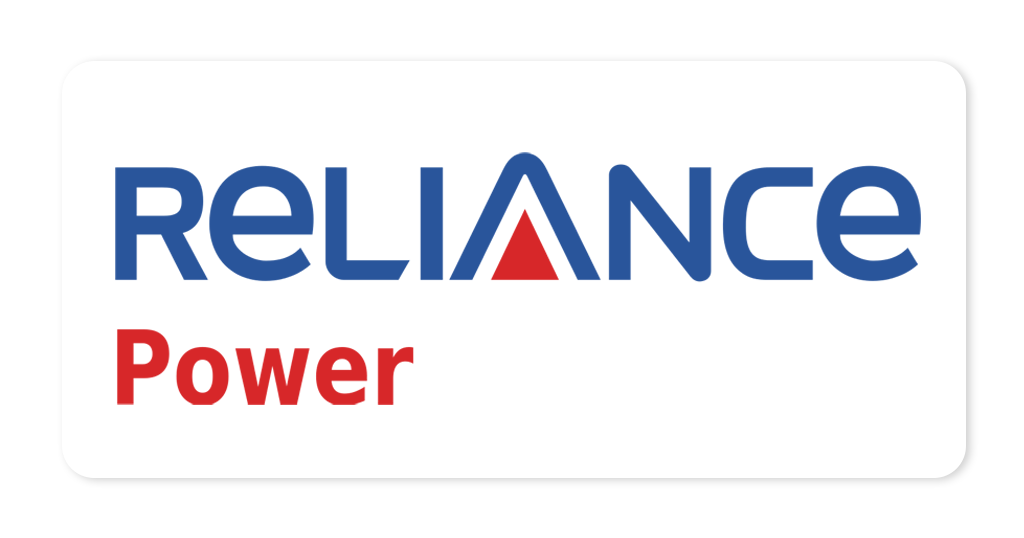
Soil is not just the ground we walk on, it is a dynamic, living resource that supports agriculture, ecosystems, and modern infrastructure. For farmers, soil determines the quality and quantity of harvests. For engineers, it provides the foundation for safe and durable structures. For environmental experts, it reveals the health of land and its long-term sustainability.
This makes soil testing an indispensable practice. By analysing the composition, fertility, strength, and safety of soil, testing offers scientific insights that guide better decision-making. In this blog, we’ll dive into the different types of soil testing, why they matter, and how they are applied in agriculture, construction, and land management
What Is Soil Testing?
Soil testing is the process of analysing soil samples in a laboratory to understand their chemical, physical, and biological properties. These results reveal:
By conducting soil tests, farmers can improve crop yields, construction companies can ensure structural safety, and policymakers can manage land sustainably.
Types of Soil Testing
This is one of the most common tests for agriculture. It measures macronutrients (N, P, K) and secondary nutrients (calcium, magnesium, sulphur), as well as micronutrients like zinc, iron, manganese, and copper.
Soil pH is a key factor in nutrient absorption. Most crops thrive in a pH range of 6.0–7.5, but some (like blueberries) prefer acidic soils.
This test measures the water content in soil, which directly affects plant health and irrigation planning.
A percolation test evaluates how quickly water drains through the soil. It is especially critical for septic system installation and drainage planning.
This test detects pollutants such as heavy metals (lead, arsenic, cadmium), pesticides, hydrocarbons, and industrial chemicals.
Soil texture defines the proportion of sand, silt, and clay. Soil structure determines how these particles bind together. Both influence soil’s aeration, nutrient-holding capacity, and water movement.
In construction, engineers perform this test to measure the soil’s ability to withstand load without collapsing.
Healthy soil is alive with beneficial microorganisms like bacteria, fungi, and actinomycetes. These microbes recycle nutrients, improve fertility, and suppress pathogens.
This test checks how densely soil particles are packed. Compacted soil reduces root penetration, water absorption, and microbial activity.
With technology, advanced soil tests like Remote Sensing Soil Analysis, GIS Mapping, and Spectroscopic Analysis are being used.
Importance of Soil Testing
For farmers, soil testing is an essential tool that helps optimize fertilizer use, improve crop yields, and reduce unnecessary costs. For builders and engineers, it provides critical insights into soil strength and stability, ensuring that foundations are safe and long-lasting. Environmentalists benefit from soil testing by detecting contamination and monitoring land health, which is vital for promoting sustainable use of natural resources. Policymakers, too, rely on soil data to guide land-use planning, enforce environmental regulations, and shape strategies that balance development with ecological protection.
Conclusion
At Virat Global Lab, we understand that soil testing has unique benefits for different stakeholders. For farmers, it helps optimize fertilizer use, boost crop yields, and reduce unnecessary costs. For builders and engineers, it ensures strong and stable foundations, making infrastructure safe and long-lasting. For environmentalists, soil testing plays a crucial role in identifying contamination and encouraging sustainable land use. For policymakers, the data from soil analysis provides a reliable base for land-use planning and effective environmental regulations.
With our NABL-accredited laboratories and Pan-India service network, Virat Global Lab delivers accurate, reliable, and timely soil testing solutions to support agriculture, construction, and environmental sustainability across the country.
Contact Virat Global Lab today for professional soil testing services you can trust—anywhere in India.
At Virat Global Lab (A Division of Aseries Envirotek India Pvt. Ltd.), we invite businesses, Industries and institutions across various sectors to explore the benefits of partnering with us for their environmental testing and analytical needs.































